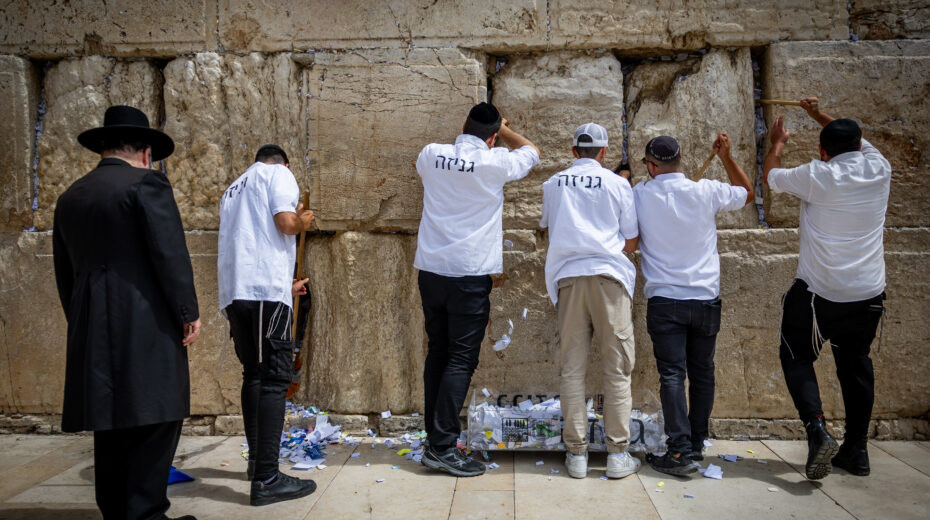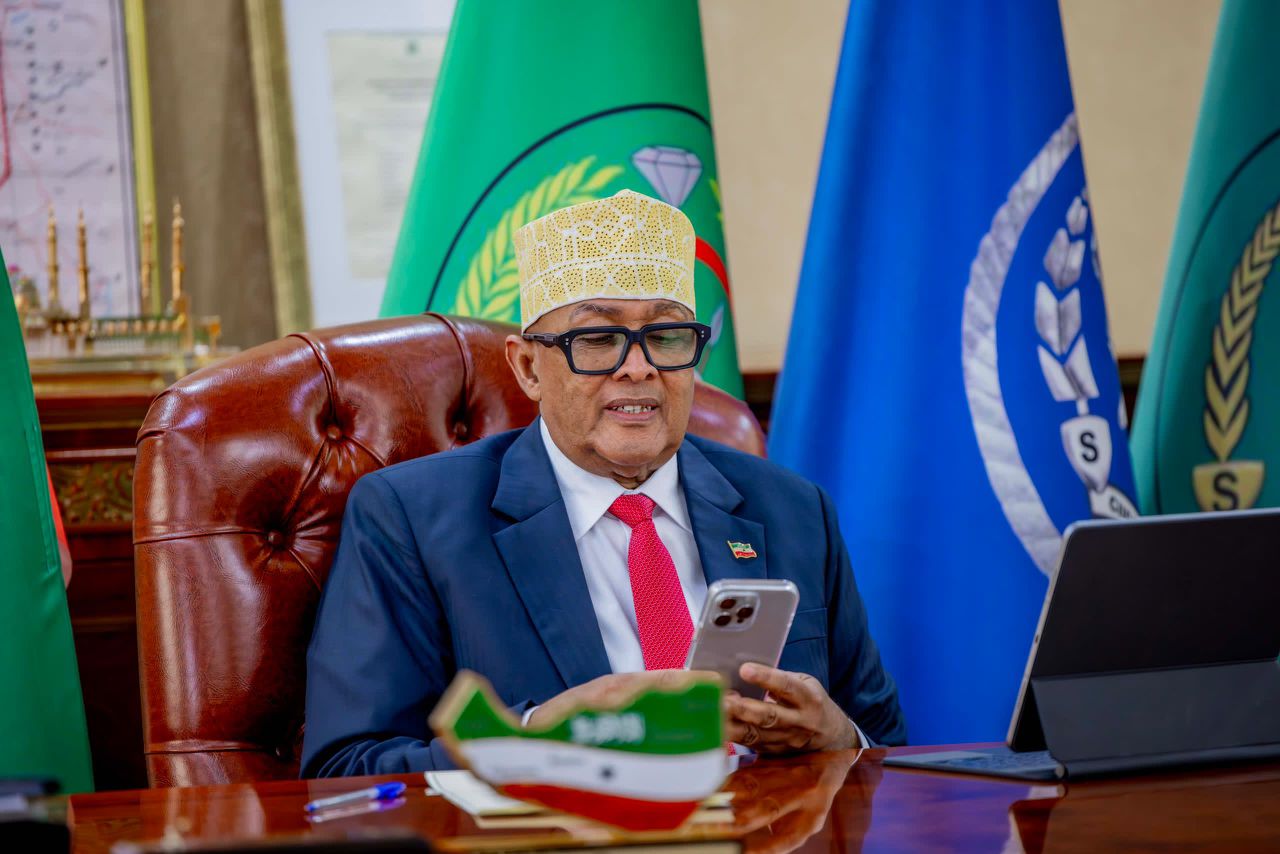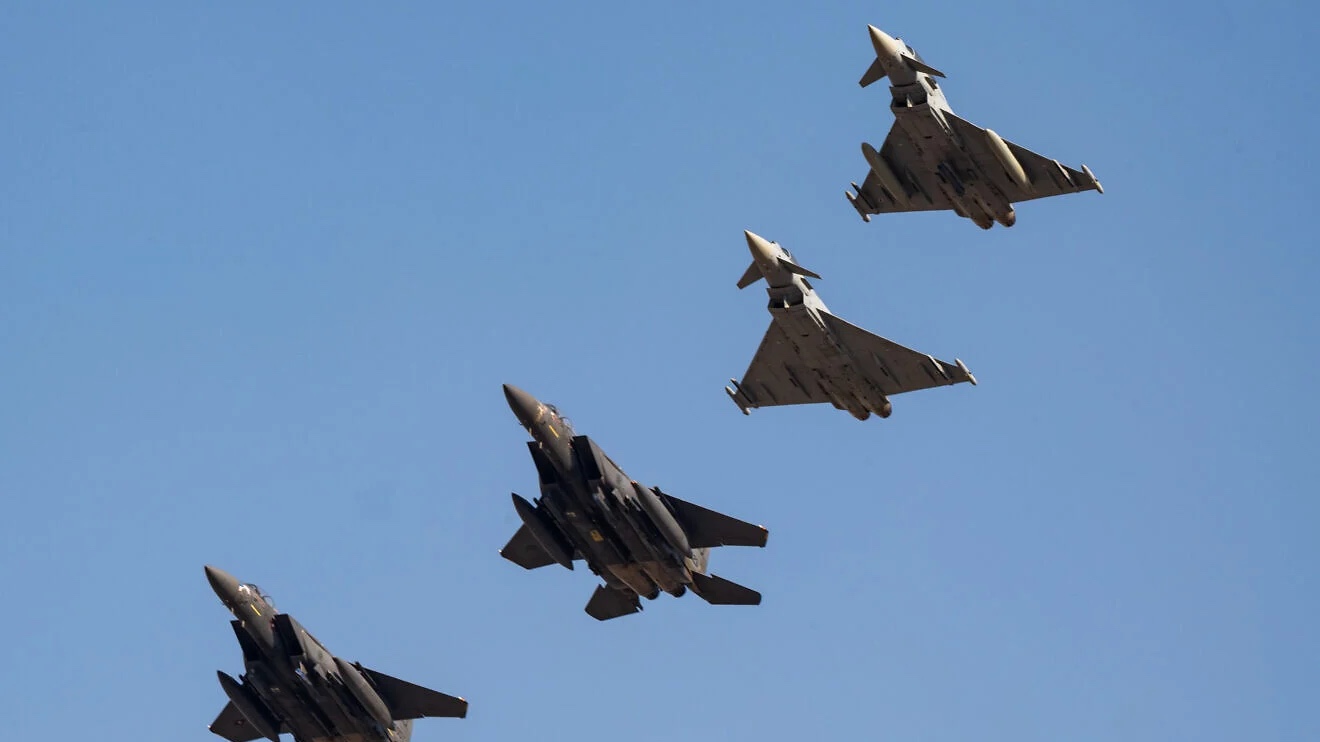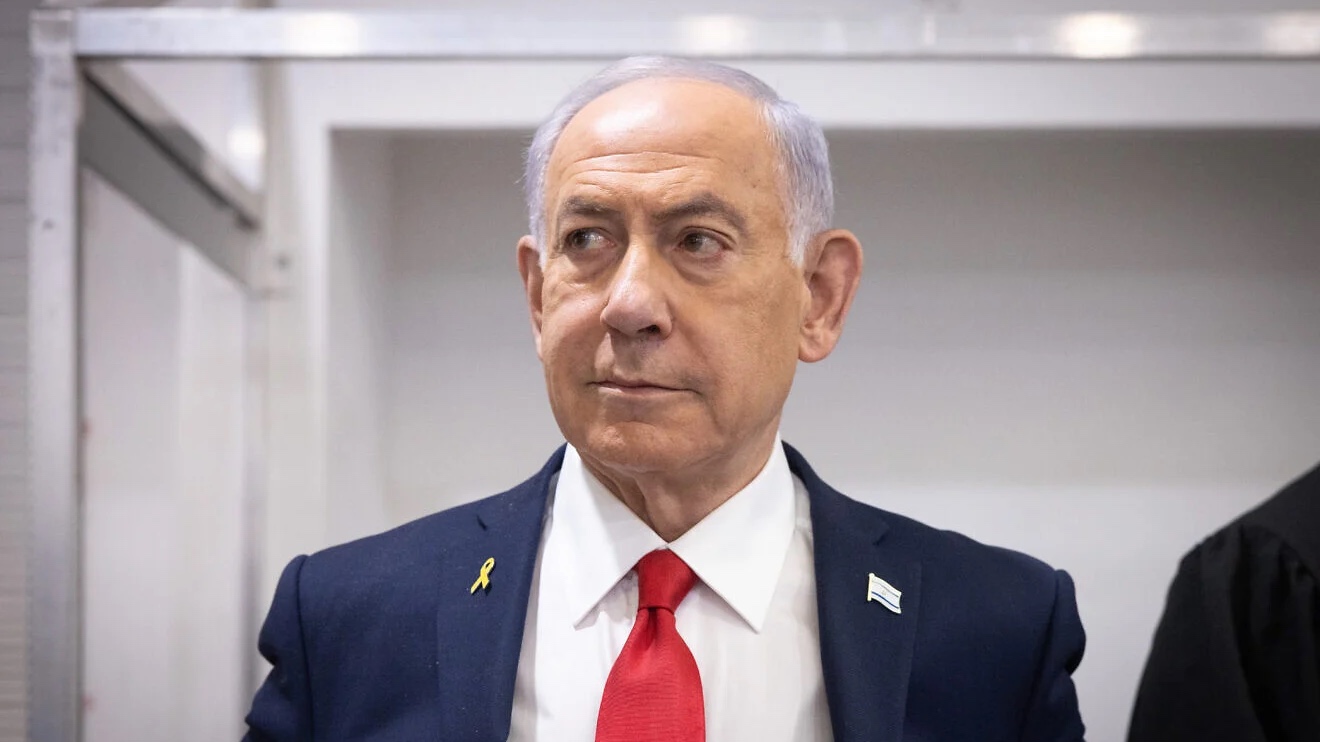In preparation for Rosh Hashanah and the following High Holy Days of Yom Kippur and Sukkot, as every year, tens of thousands of small prayer notes stuffed in cracks in the Western Wall in Jerusalem were removed. The Rabbi of the Western Wall and the holy sites there, Rabbi Shmuel Rabinowitz, personally supervised the action. These are mainly prayers and requests that are personally put into the cracks there by people from over 100 countries or sent from abroad via email to certain services, which then deposit the prayer notes between the sacred stones. On average, around 3,000 prayer requests arrive from abroad every month. Most of the foreign notes come from the USA, Brazil, Canada, and Colombia.
There has been a significant increase in the number of prayer notes at the Western Wall over the past six months. The situation in the country prompts many residents to leave a prayer there. Most of the time, it is a prayer for the recovery of injured soldiers or the kidnapped hostages.
“This year’s notes are full of tears from grieving families, kidnapped families, wounded soldiers, evacuated citizens, soldiers’ families, and more,” said the rabbi.
Rabbi Rabinowitz on the occasion of the operation stated: “May a year with its curses end, a year with its blessings begin – peace in Israel and unity is our chief concern.” The removal of the prayer notes takes place every year in accordance with the guidelines of Jewish tradition. Gloves and disposable wooden utensils are used. The action must be carried out regularly to make room for new prayer notes from believers and visitors who come to the Western Wall. The notes themselves are collected in special “geniza” bags and ceremoniously buried together with worn-out holy books. This geniza custom was established 300 years ago. Time and again, buried notes from past times are found during excavations nearby.
At the end of the ceremony, a prayer was offered up for the return of the kidnapped and missing to their homes, for safety for the IDF soldiers and security forces, for the healing of the injured, for peace and security in Israel, and for the thousands of visitors and believers whose prayers are collected here.














